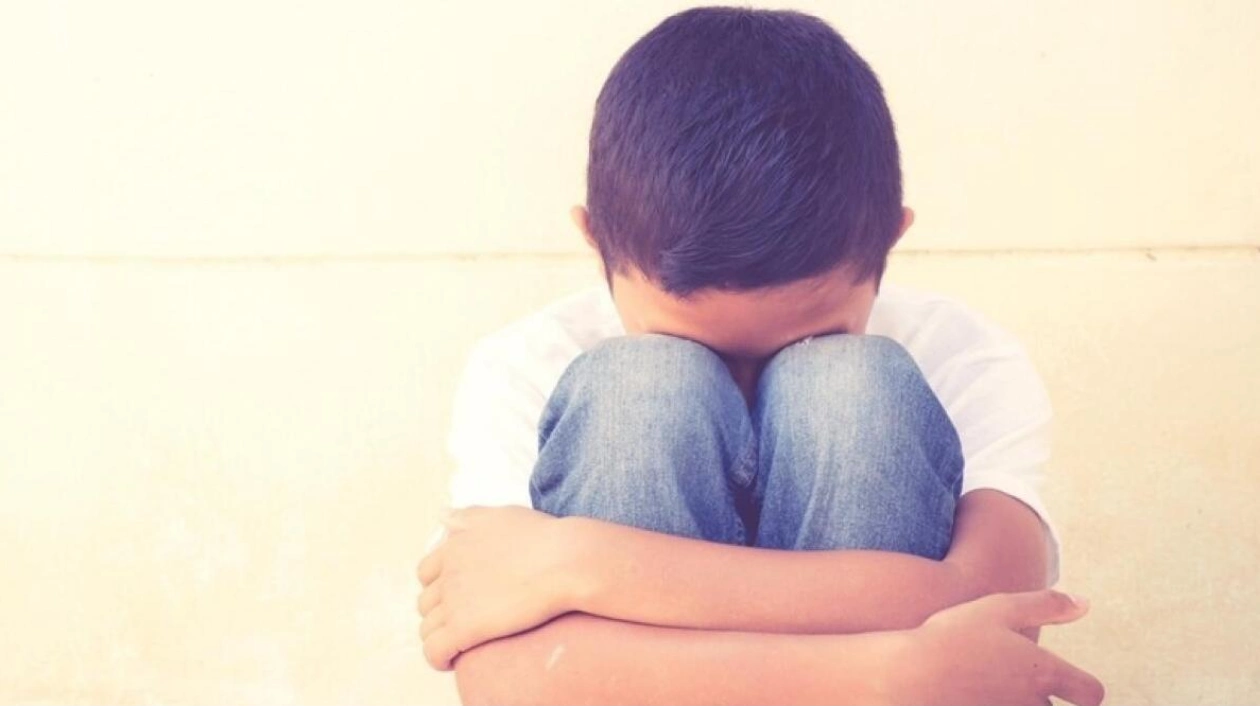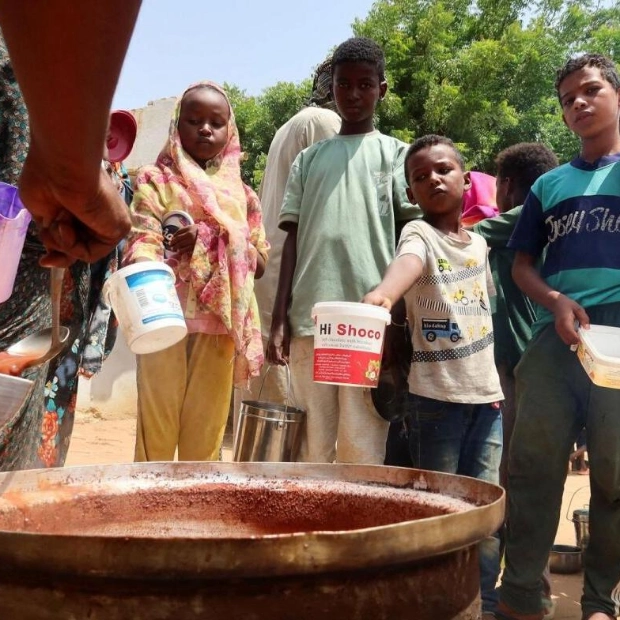The case of 'intense bullying' that led to 11-year-old Maryam Al Shehhi being admitted to the ICU has highlighted the serious impact that insults and verbal abuse can have on a child. Doctors and specialists emphasize that the physical and psychological effects of such incidents can persist for an extended period. Experts warn that bullying can weaken children's immune systems and lead to heart problems, in addition to long-term mental health issues.
The Emirati girl, Al Shehhi, who faced relentless bullying both during and after participating in a reality show, lost 5kg in just seven days, and her blood sugar levels soared due to type 1 diabetes. She collapsed and spent a week in the hospital. Dr. Adnan Ahmadiazad, a psychiatrist at Thumbay University Hospital, explained that bullying triggers a child's biological stress response. 'When this response is prolonged, it can weaken the immune system and increase inflammation. Chronic stress is also linked to cardiovascular issues due to increased blood pressure and heart rate,' said Dr. Ahmadiazad.
In addition to physical health impacts, bullying can have lasting psychological effects. Children who have been bullied are prone to mental health issues such as anxiety, depression, and low self-esteem. Anxiety and depression often lead to unhealthy coping mechanisms, including eating disorders, according to Dr. Ahmadiazad. 'Some children may restrict food intake or binge-eat to manage their emotions, contributing to eating disorders,' he said. These issues manifest in ways that deeply affect both social and academic performance. 'A child bullied for their appearance may feel worthless and avoid social situations,' the doctor added. 'They might also experience physical symptoms like headaches, stomach aches, or insomnia due to stress.'
Parents need to be vigilant in recognizing signs that their child may be struggling with the effects of bullying. 'Look for changes in behaviour, such as withdrawing from friends or activities they used to enjoy,' said Dr. Ahmadiazad. 'Increased anxiety, frequent complaints of headaches or stomach aches, and changes in eating or sleeping patterns can be red flags.' Early intervention is crucial. 'If parents notice signs of self-harm or expressions of worthlessness, professional help should be sought immediately,' the doctor added.
Preventive action is essential in combating the long-term effects of bullying. Dana Berri, a psychologist at Aman Lil Afia Clinic Dubai, recommended that schools implement strong anti-bullying policies and conduct workshops to teach empathy and conflict resolution. 'Regular workshops, like role-playing scenarios, can help children develop social skills and empathy for their peers,' Berri said. Parents have to be involved in their children's academic and social lives, too. 'When parents show interest and support in their child’s education, it significantly boosts their self-confidence,' said Berri. 'Simple actions like attending school events, engaging in discussions about their day, and helping with homework can improve a child's emotional well-being and academic performance.'
For children who are recovering from bullying incidents, some coping strategies can help. These include deep breathing exercises, sports, and creative outlets like writing or sketching, said Dr. Ahmadiazad. Living a healthy lifestyle with balanced meals and adequate sleep is also crucial.






